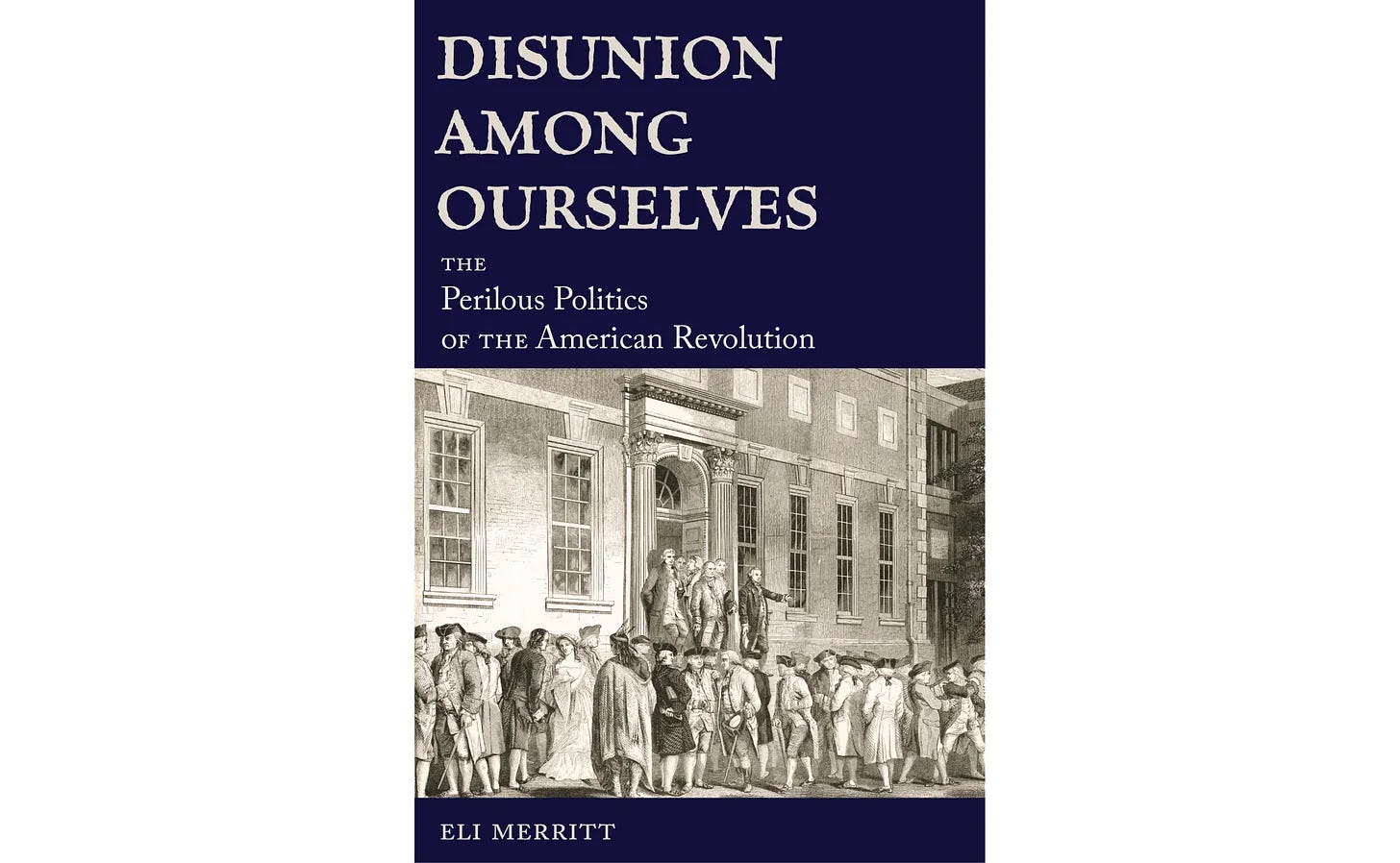June, July, and August
History’s record—of democracy's collapse, recovery, and course correction—is the best guide we’ve got
We must immerse ourselves in the study of historic models of recovery from tyranny
This is a short note to say that this summer I will be predominantly working on opinion essay writing for traditional news platforms and on the preparation of lectures relating to the 250th anniversary of the Declaration of Independence.
You’ll see me on Substack, but less regularly.
I’m laboring over the 250th anniversary of the nation—and I’ll be resuming “The Story of the American Revolution” in September—because I am convinced these pursuits, writ large, are vital to weathering our current crisis of memory, meaning, history, and moral direction.
Every day I look at what’s happening to our democracy, and I conclude that we’ll likely not recover without the in-depth study of history. And that means, as one top priority, reviving the Enlightenment wisdom and iron-willed fortitude of the founders as they confronted tyranny—and defeated it.
We must immerse ourselves in the study of historic models of recovery from tyranny.
One, my specialty, is the founding of the nation. There are countless others, including the Glorious Revolution of 1688, the abolitionist movement, the Civil Rights Movement, the democratic transition in post-Franco Spain, and the fall of apartheid in South Africa.
Nothing is more important to a democracy in crisis than applied history, because we can’t defend, or save, what we don’t understand. History’s record—of collapse, recovery, and course correction—is the best guide we’ve got.
*******
Eli Merritt is a political historian at Vanderbilt University and the author Disunion Among Ourselves: The Perilous Politics of the American Revolution
Public Lectures
The Enduring Principles of Declaration of Independence
America’s 250th Anniversary: Forging Unity Through History
Why Democrats Should Reclaim the American Founding
How to Talk About the 'Fourth of July'





